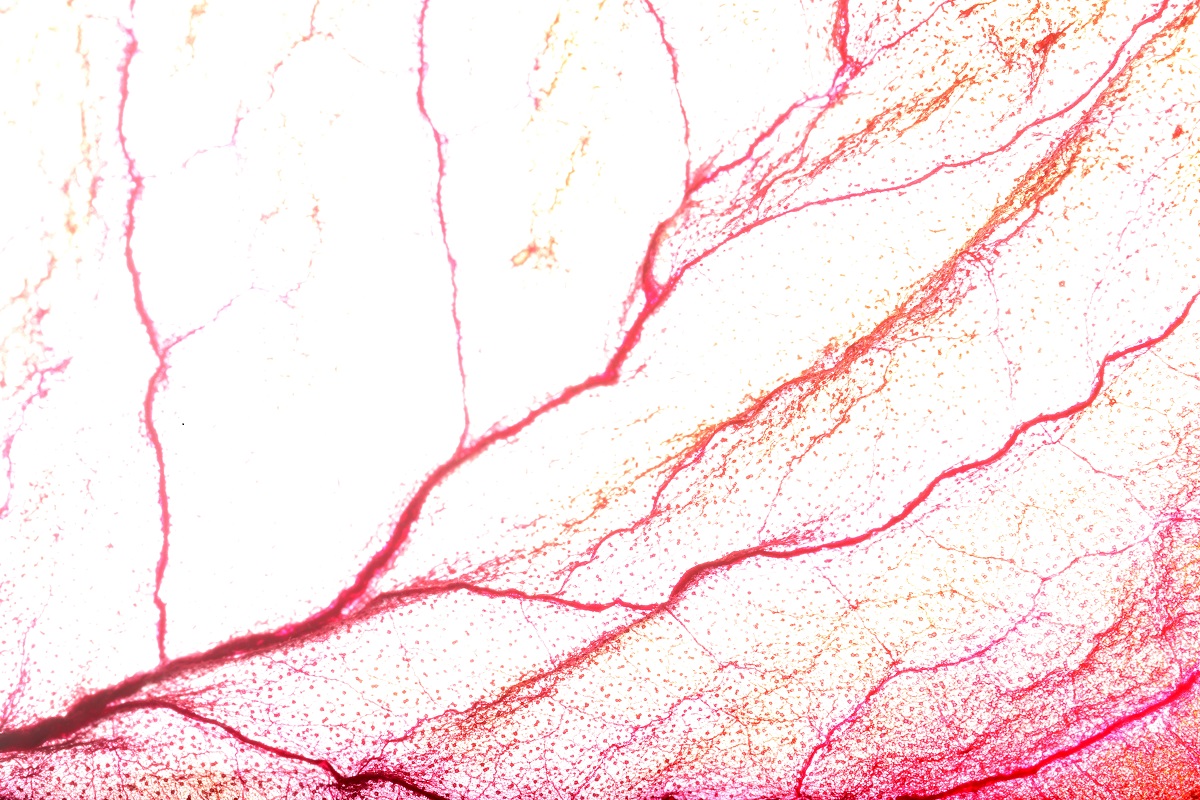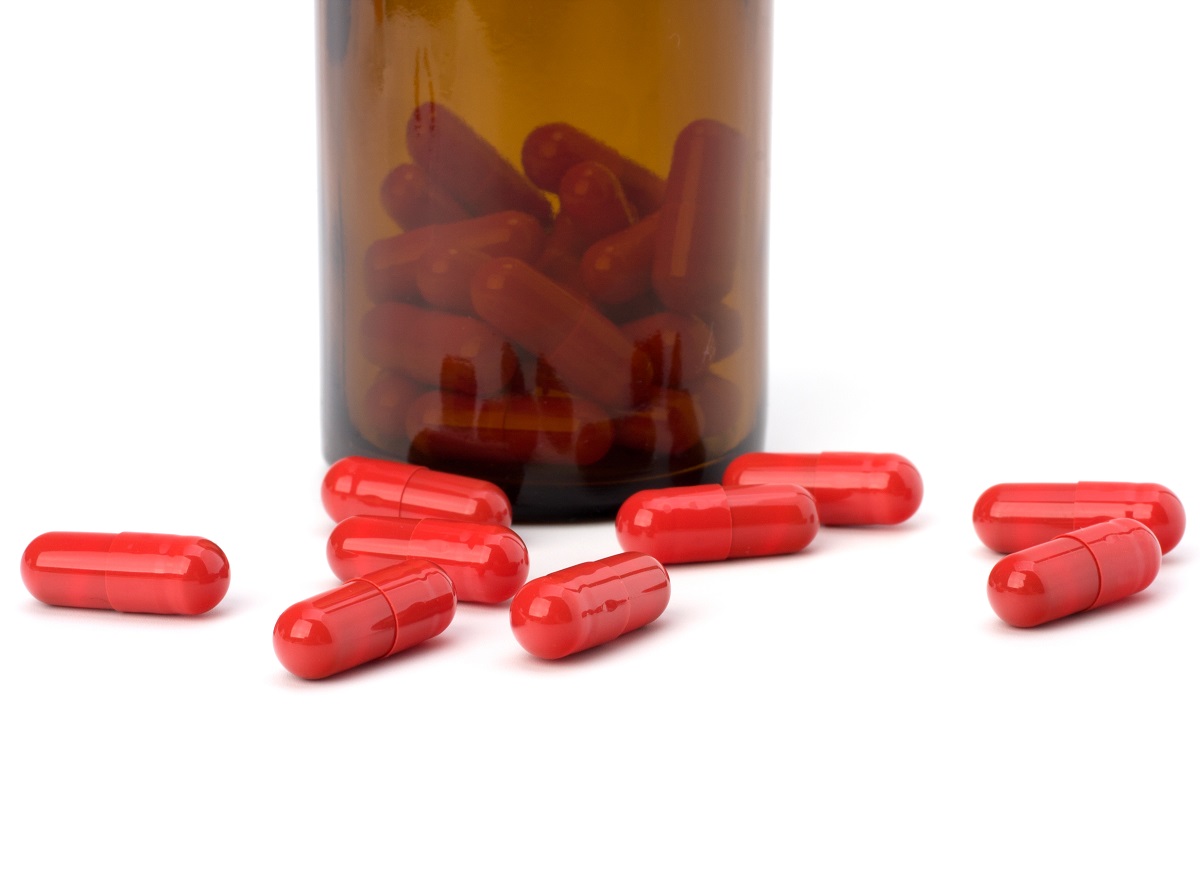A health condition in which the walls of small arteries from the heart do not work correctly is known as small vessel disease. The body cannot get enough oxygen due to this condition. The most common symptoms include breathing problems, chest pain, and other heart disease symptoms.
However, clogging or narrowing of the blood vessels that supply the heart can happen not only in large arteries but also in tiny arteries in the heart. Sometimes, this disease is called coronary microvascular disease or microvascular endothelial dysfunction.
Fortunately, this condition can be treated but is challenging to diagnose it. Commonly, doctors confirm this condition when they rule out a narrowing of the large arteries nonetheless heart disease symptoms. Women and people assigned to female at birth (AFAB) are more prone to get this condition than men and people assigned to male at birth (AMAB). Additionally, those who suffer from diabetes or hypertension (high blood pressure) are also at higher risk of developing small vessel disease.
Symptoms
- Chest pain, squeezing, or discomfort (angina)
- Trouble breathing
- Lack of energy
- Tiredness
- Discomfort in the neck, jaw, back, abdomen, or left arm
People who were treated for coronary artery disease (CAD) with angioplasty and stents and symptoms still happen, you might have small vessel disease.
It is advised to get medical help immediately if the following symptoms occur. Chest pain spreads to other body parts along with shortness of breath, sweating, nausea, or dizziness.
Causes
The small arteries in the heart do not dilate (relax) completely. As a result, the heart does not get enough oxygen. While the exact cause is not known, experts believe that small vessel disease is caused by the same conditions that lead to large vessel disease. For example hypertension, high cholesterol levels, obesity, and diabetes.
Risk Factors
The following factors can increase your risk of getting small vessel disease. Examples include:
- Smoking
- Unhealthy diet
- High cholesterol levels
- Polycystic ovary syndrome
- Inactive lifestyle
- Hypertension (high blood pressure)
- Family history of heart disease
- Diabetes
- Obesity (body mass index of 30 or higher)
- Age (people over 55 years old are more prone to developing this disease)
Complications
This condition can put extra strain on the heart, which affects its function over time. One complication that can happen in people with small vessel disease is myocardial infarction (heart attack).
Is it Possible to Prevent Small Vessel Disease?
Check below some tips that can help to prevent or avoid small vessel disease:
- Quit smoking – Using tobacco products can contribute to or even cause small vessel disease. If you face quitting problems, discuss it with your healthcare provider.
- Adopt a heart-healthy diet – It is advised to include in your diet whole grains, lean meat, low-fat dairy, fresh fruits, and vegetables. You should also limit sugar, salt, alcohol, saturated and trans fats.
- Regular exercise – It is recommended to aim for at least 150 minutes weekly for exercise. It will help to improve heart muscle and blood flow.
- Healthy weight – Try to lose weight if you are overweight or obese. Otherwise, it may lead to hypertension, diabetes, and other health conditions.
- High cholesterol levels – Discuss with your healthcare professional how often you should check your cholesterol levels. In case the bad cholesterol is high, you may get some prescription medicines.
- High or low blood pressure – Measure regularly your blood pressure because either high or low blood pressure can provoke some heart problems.
- Keep under control blood sugar – Maintain healthy blood sugar levels. Otherwise, it may cause certain diseases such as diabetes.
- Manage stress – There are some tips that can reduce stress. These include listening to music, joining support groups, and regular exercise.
Diagnosis
Physicians to diagnose this condition usually ask questions about symptoms, and will also listen to your heart using a stethoscope. They can also ask some questions about your medical and family history. In case doctors are not sure whether you have small vessel disease or not, you may need to do some additional tests. For example:
- Stress test with imaging – This test helps your doctor determine how your blood vessels and heart react to physical activity. While you are connected to a heart monitor, you should walk on a treadmill or pedal a stationary bike. Sometimes, your doctor may give you a heart-stimulating drug as exercises do. Moreover, physicians use ultrasound images (echocardiogram) or nuclear imaging scans to measure blood flow to the heart.
- Coronary angiogram – This test involves a long tube that is inserted into a blood vessel. It helps to determine if the heart’s arteries are blocked.
- CT coronary angiogram – Other angiogram types use X-rays to create images of the heart and blood vessels.
- Positron emission tomography (PET) – This is a test in which doctors inject a special radioactive substance that helps to measure blood for to the heart.
Treatment
The treatment options are different among patients. It depends on the severity of the disease, age, existing medical conditions, and other factors. Check below some medications usually prescribed by doctors:
- Nitroglycerin – It is a medication that helps to improve blood flow and relieve chest pain.
- Beta-blockers – This group of medicines helps to reduce blood pressure and slow the heart rate.
- Calcium channel blockers – Doctors can prescribe these medications to control coronary artery spasms and hypertension.
- Statins – Physicians usually recommend these medications to reduce bad cholesterol levels.
- ACE inhibitors and ARBs – These medications are also called angiotensin-converting enzyme (ACE) inhibitors or angiotensin II receptor blockers (ARBs). ACE inhibitors and ARBs are used to decrease hypertension and help to open blood vessels.
- Ranolazine – This drug can help to lessen chest pain.
- Aspirin – Helps to prevent blood clots and reduce inflammation.
- Metformin – Commonly, healthcare providers prescribe this drug to lower sugar levels in the blood.
Furthermore, regular checkups are recommended if you are diagnosed with small vessel disease.
Frequently Asked Questions
What foods should be avoided by people with small vessel disease?
- Fried foods
- Candies
- Fast food
- Sausages and fatty cuts of meat
- Alcohol
- Potato chip
- Red and processed meat
- Sugary coffee drinks
- Cookies and cakes
- Butter
- Whole milk
- Foods high in saturated and trans fat
Avoiding previous foods can help to improve heart disease symptoms.
What happens if a person not treating small vessel disease?
If you ignore this condition and do not receive treatment it may lead to some life-threatening complications. These include stroke, myocardial infarction, and severe cognitive decline. Talk with your doctor for more details.
How to prevent small vessel disease?
The following tips can help you to prevent or avoid this blood vessel disease. Examples include:
- Try to lose weight if you are obese or overweight
- Manage blood sugar and cholesterol levels
- Stop smoking or never begin
- Regular exercise
- Adopt a healthy diet
- Manage stress
If you have any other questions, ask your physician.




